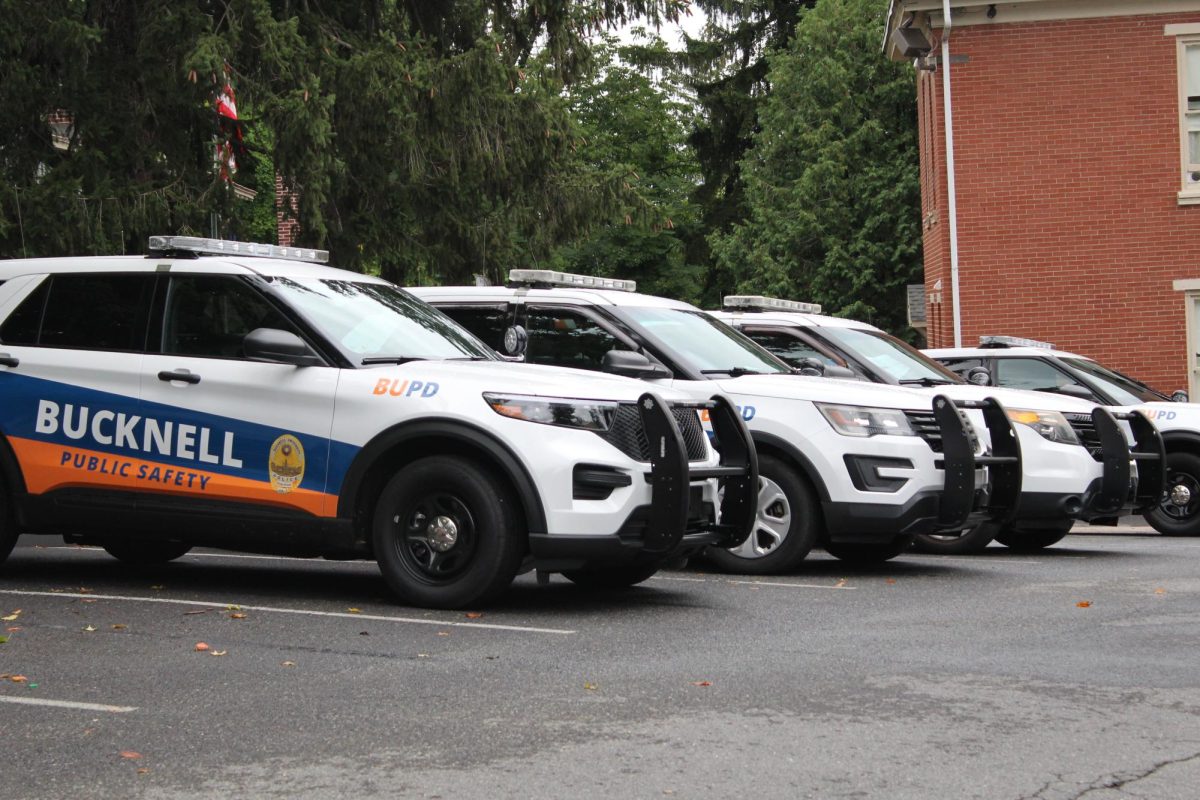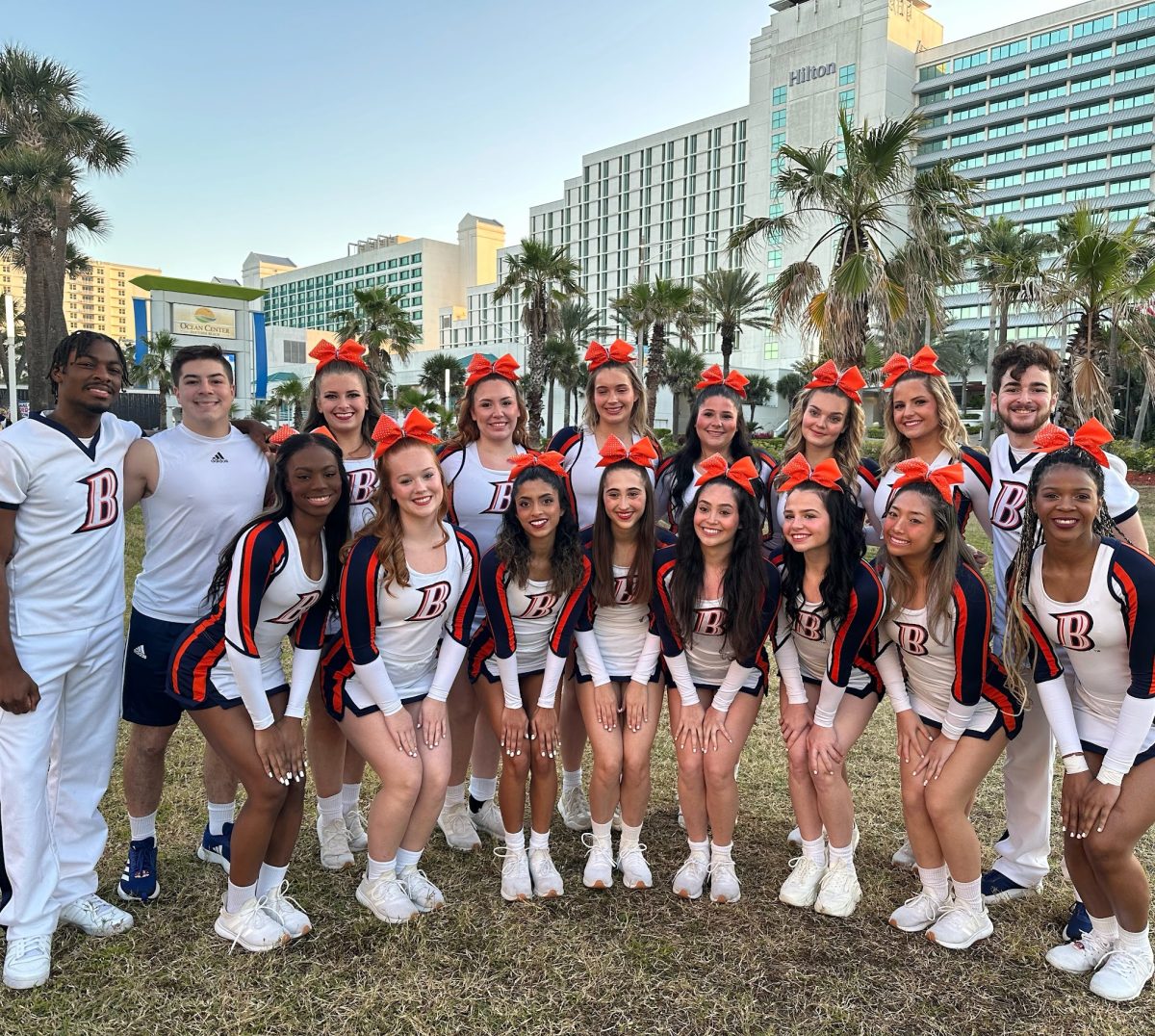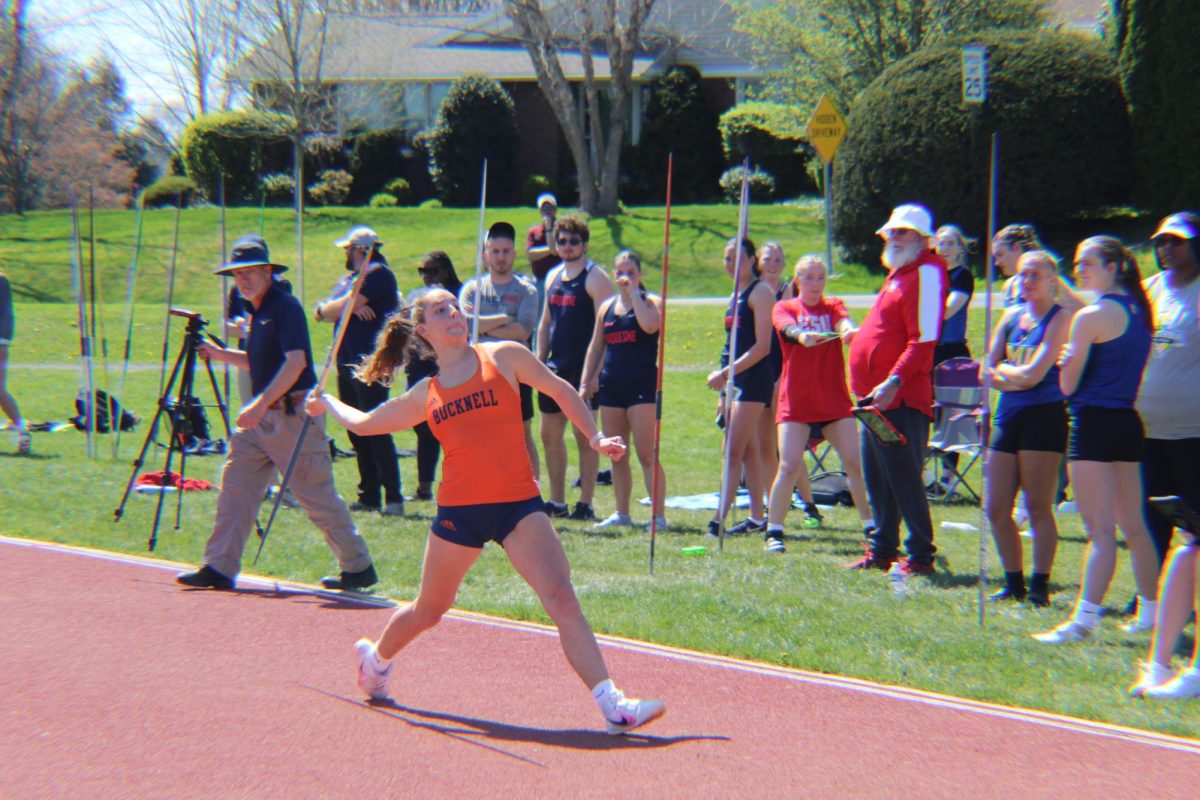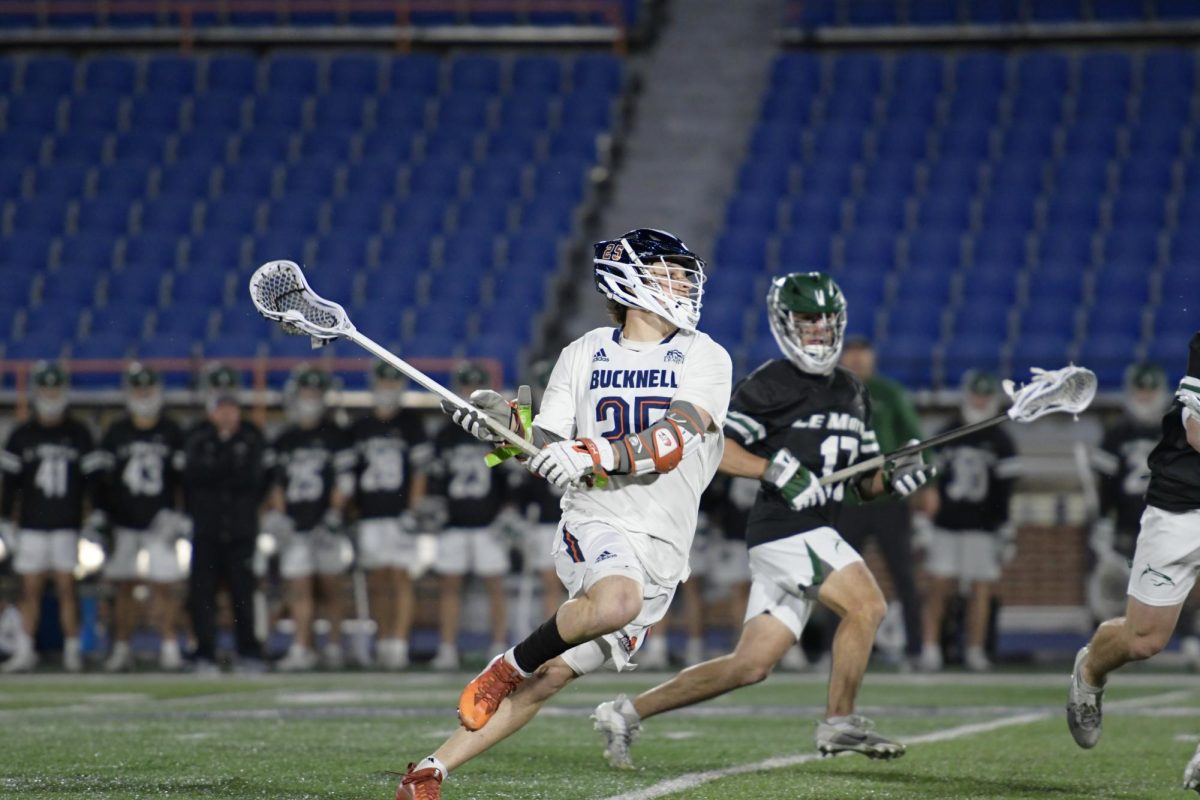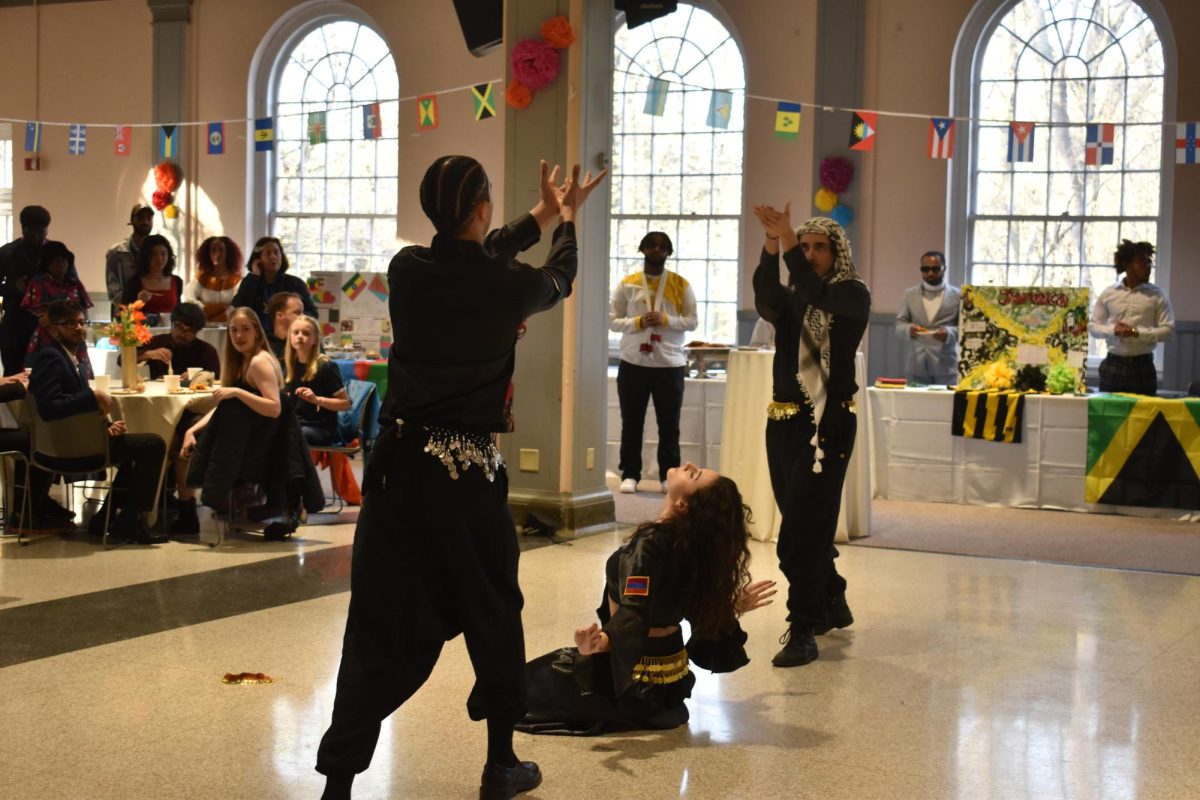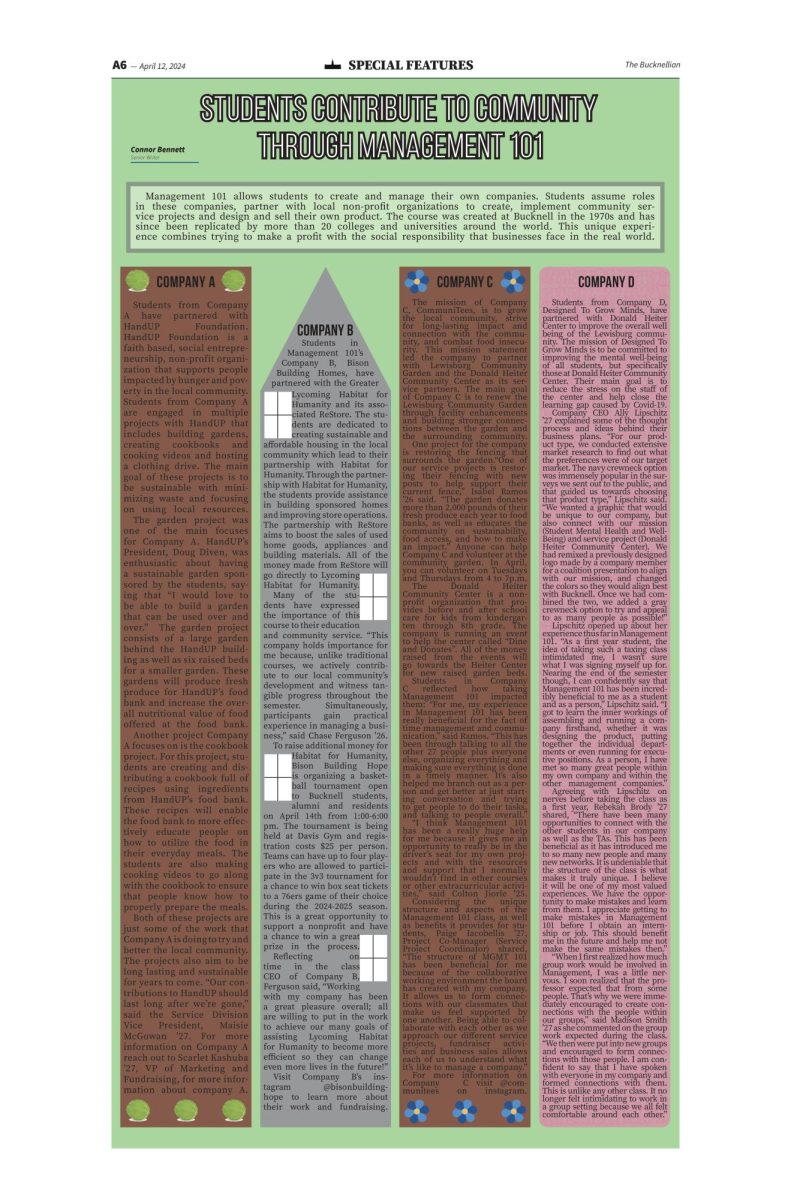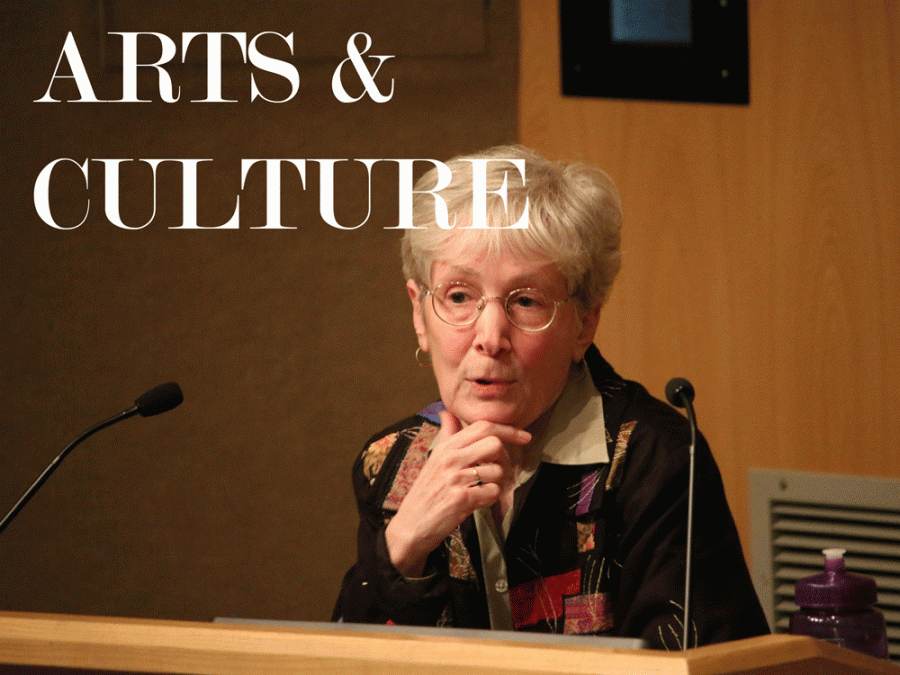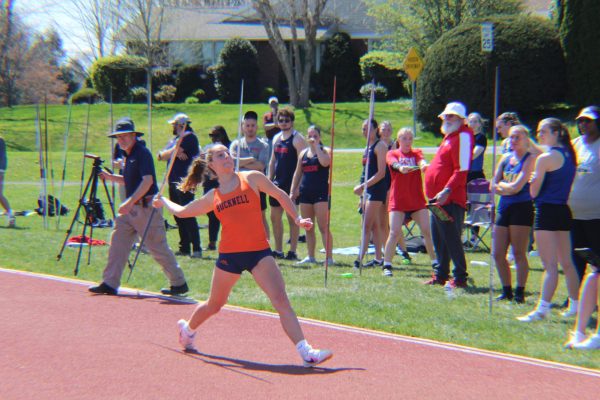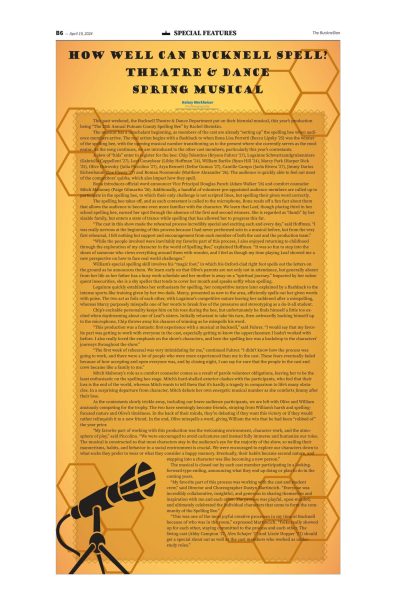The surprising way bathrooms and politics collide
April 7, 2016
The Women’s and Gender Studies Department held its Annual Distinguished Lecture titled “The Gender Politics of Public Space: Bodies, Restrooms and Social Justice” on March 31. Judith Plaskow, professor emeritus of religious studies at Manhattan College, lead the lecture. Plaskow examined the ways that social inequalities are built into our physical environment through bathrooms.
Plaskow opened up her lecture by joking about the number of hours women spend in bathroom lines, before diving into the gendered and racial history of public restrooms. Plaskow discussed how bathroom non-availability is related to body and dignity. She argued that bathroom non-availability enforces humiliation, as many people have to overcome obstacles to eliminate their waste. Plaskow also said that the absence of women’s facilities serves as a map for female marginalization. She used an anecdote of her time as a graduate student at Yale University to demonstrate this, as female students had to leave the university’s library in order to use a restroom.
Plaskow asserted that bathrooms are one of the last totally gender segregated physical sites that exist in public spaces. Because of this, gender is learned among children during toilet training in the bathroom, and therefore experiences in the bathroom have a profound effect on how we identify as people. Specifically, Plaskow discussed the public shaming for trans people that exists because of bathroom gender segregation. Regardless of an individual’s gender identification, everyone needs to use a bathroom. However, gender segregated bathrooms fail to account for this. Plaskow advocated for the transition from the “grudging provision of public facilities to civic pride in providing toilets” and concluded by wholeheartedly supporting the establishment of non-gendered bathrooms.
“Dr. Plaskow laid out for her audience the many historical and contemporary ways that public toilets, in their design, placement, and exclusivity, have reflected and reinforced racial and gender hierarchies to the advantage of cisgender, white men. In particular, Dr. Plaskow demonstrated convincingly how the current politics of public toilets in relation to transgendered persons and persons with disability have historical precedence in inadequate facilities for women, as well as separate and unequal facilities based on race. She tied such inequities to our cultural aversion to human elimination as well as the over-identification of women’s, trans, and racialized people with unacceptable bodies in contrast to the over-identification of cisgender white men with the mind,” Associate Professor of Women’s & Gender Studies & Anthropology Coralynn Davis said.
The talk was an excellent follow-up to the the University’s First Annual Diversity Summit that concluded one day prior. Not only did Plaskow’s lecture further emphasize the importance of inclusiveness and acceptance on campus, but it occurred during the controversial passage of a North Carolina law that further regulates trans bodies.
“It was very exciting to have such a distinguished lecturer come in for the women’s and gender studies department. Also, it was perfect timing to have her come to Bucknell and provide academic insight into the severe effects of legislating and controlling bodies, especially queer bodies. Using the bathroom as a focal point, her talk was very interesting and engaging,” women’s and gender studies major Tegan Stanbach ’17 said.

